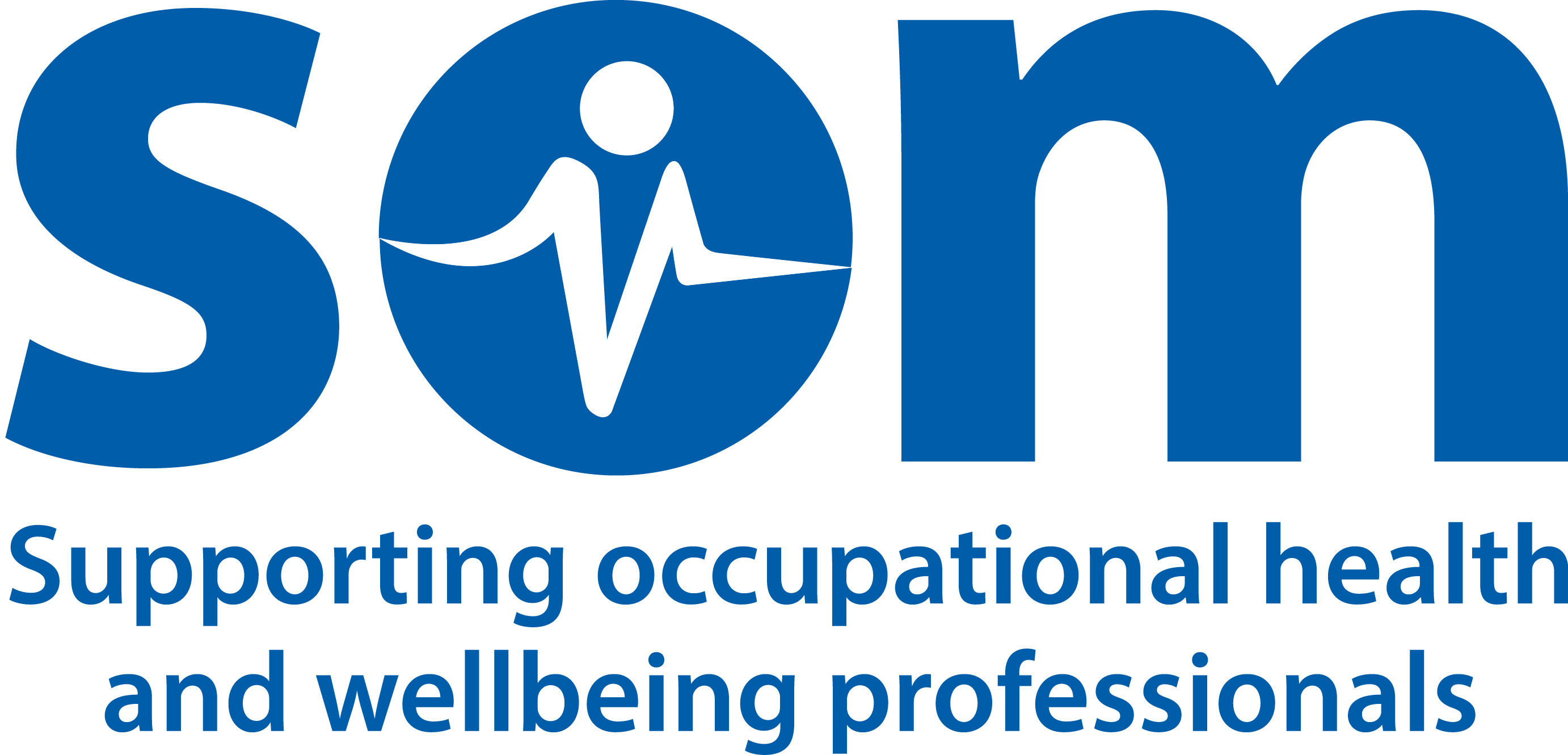
Only 12% of HR professionals identify occupational health (OH) as one of the top factors contributing to employee health at work - despite evidence that OH underpins many of the wellbeing priorities they ranked more highly.
The findings come from a YouGov survey commissioned by the SOM ahead of Occupational Health Awareness Week (OHAW). The results highlight both the opportunities and risks facing UK organisations in how they use OH.
Key findings
Knowledge gap: Just 12% of HR professionals selected “access to occupational health” as a top four driver of good employee health. By contrast, 90% selected work-life balance, and 74% workplace culture. Yet OH can support many of these areas through proactive advice, early intervention, and evidence-based risk management.
Prevention opportunities overlooked: Only 42% of organisations use OH professionals to plan how to prevent ill health, even though prevention is central to reducing sickness absence, avoiding presenteeism, and cutting costs.
Presenteeism not addressed: Just 13% of HR professionals reported their organisation refers employees to OH to manage presenteeism - despite the £25 billion annual cost of presenteeism to UK businesses.
Awareness gap: 6% of respondents were unsure whether their organisation offered any OH support, and 18% were not sure when OH referrals were made.
Barriers: Encouragingly, more than a quarter (26%) of HR professionals reported no barriers to using OH. However, cost (22%) and lack of understanding of OH (13%) were cited as common obstacles faced by HR professionals when trying to further embed OH within their organisation.
Call to action
Professor Neil Greenberg, President of SOM, said:
“These findings show there is still a significant gap in how occupational health is understood and used in UK workplaces. Whilst professionals value wellbeing, culture, and work-life balance, they do not appear to often recognise that effective OH underpins these priorities.
“SOM completely understand the pressures HR teams are under - juggling multiple demands, from recruitment to retention, employee relations, and wellbeing. It’s not surprising that occupational health can sometimes be seen as just another service, rather than a strategic partner.
“By using OH proactively - especially for prevention and managing presenteeism - businesses can reduce absence, improve retention, and save money. Proactive use of OH means both early referral and taking advice from OH professionals about how to create healthy work environments. Unfortunately, if OH professionals are only consulted when a worker has highly complex health needs, finding effective solutions to return them to good health can be very difficult.
“Occupational Health Awareness Week 2025 is about reframing OH as a supportive partner to HR that has significant benefit beyond a service for long-term sickness management, helping organisations deliver on their people priorities, not adding to their workload.”
Background
Occupational health supports employees to stay well, remain in work, and return after illness. Research shows every £1 invested in OH returns up to £2.35 in reduced absenteeism and medical costs.
OHAW 2025 runs from 22nd–28th September as part of SOM’s 90th anniversary year, under the theme “Occupational Health as a Strategic Partner to HR.” Activities include webinars for HR professionals on 23rd and 26th September, a careers event on 24th September, and targeted resources for HR leaders and employers.
Businesses and HR professionals can join the conversation at #OHAW2025 and learn more at www.som.org.uk/ohaw

